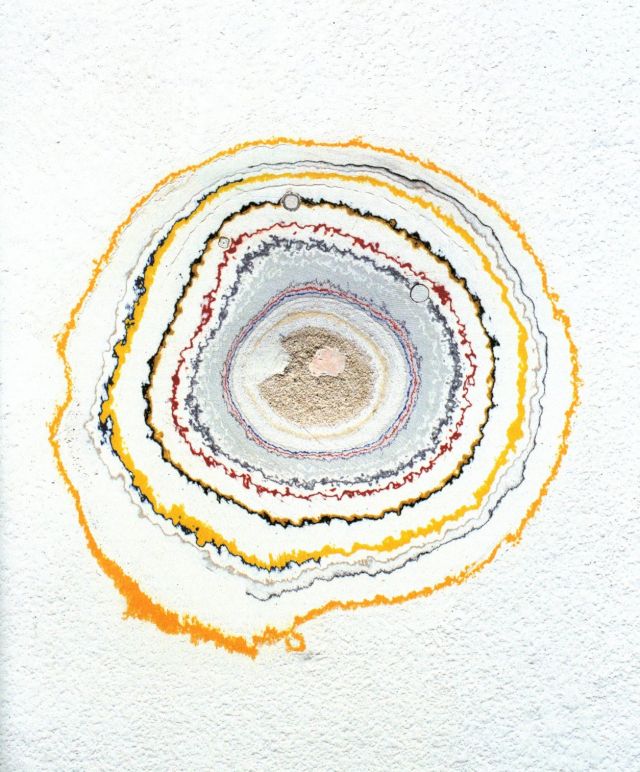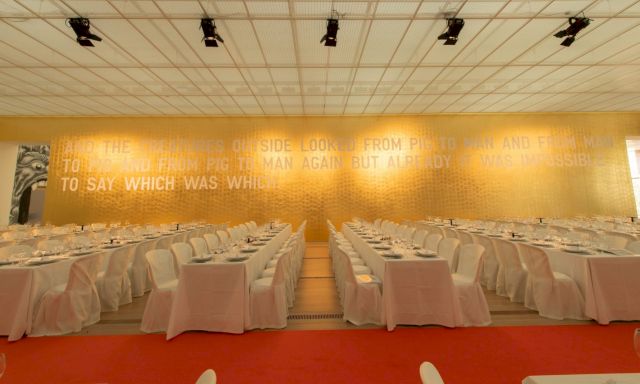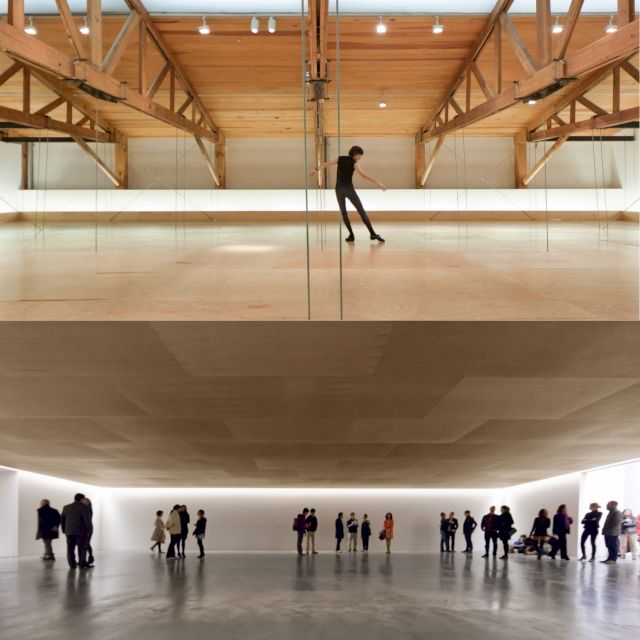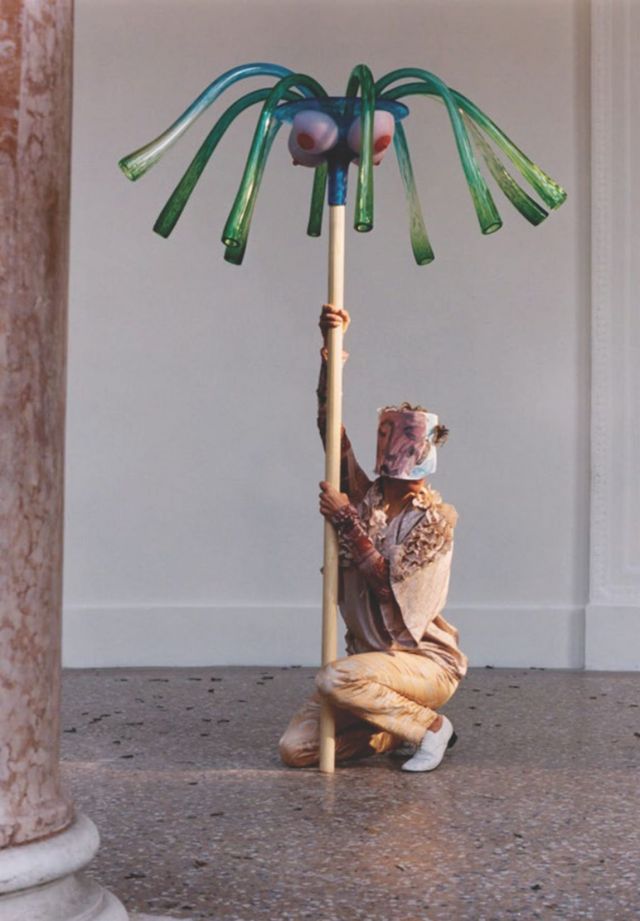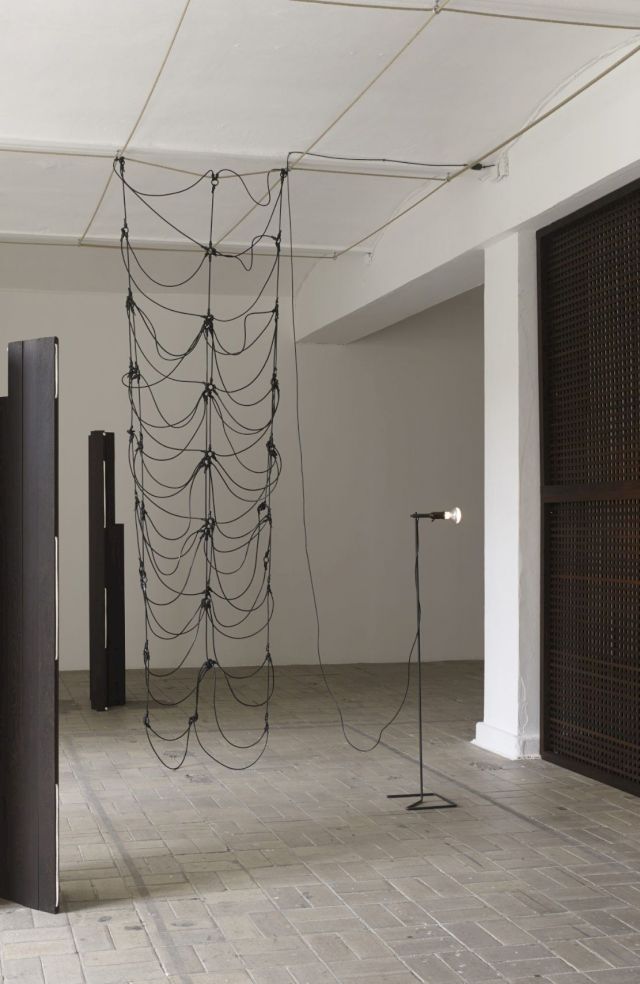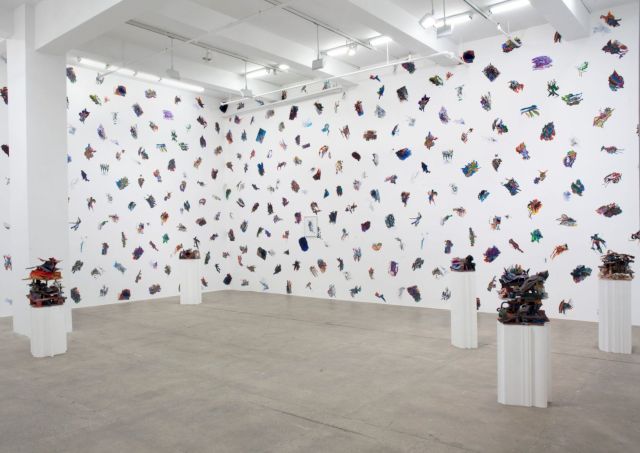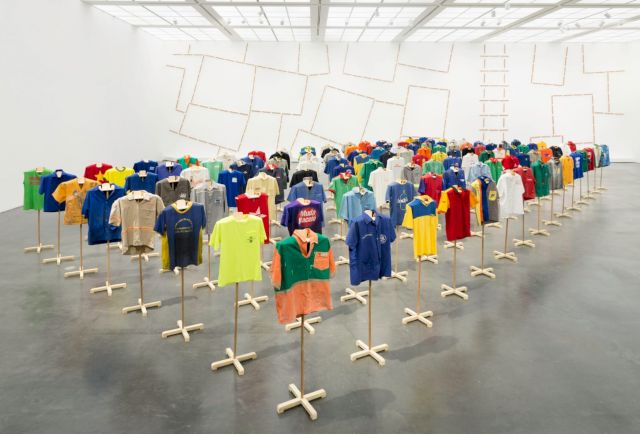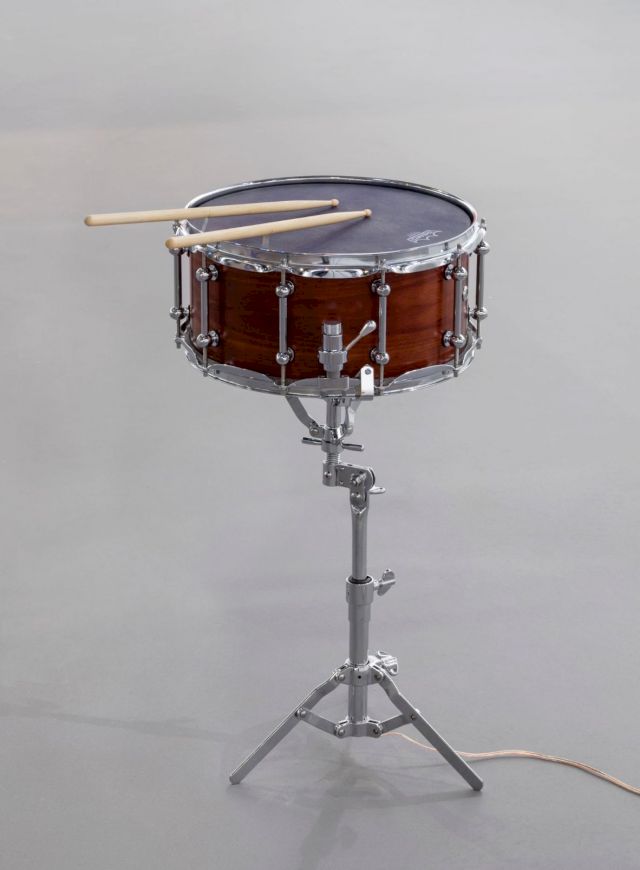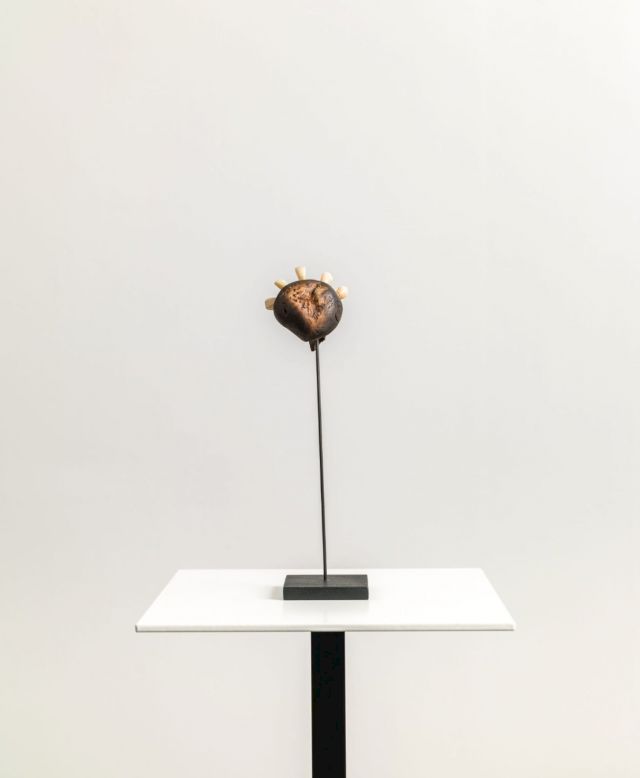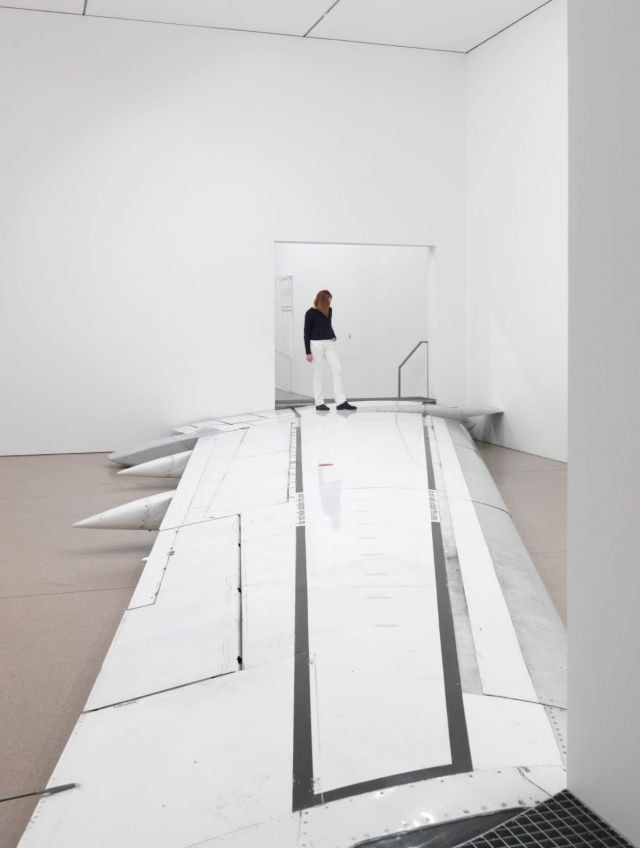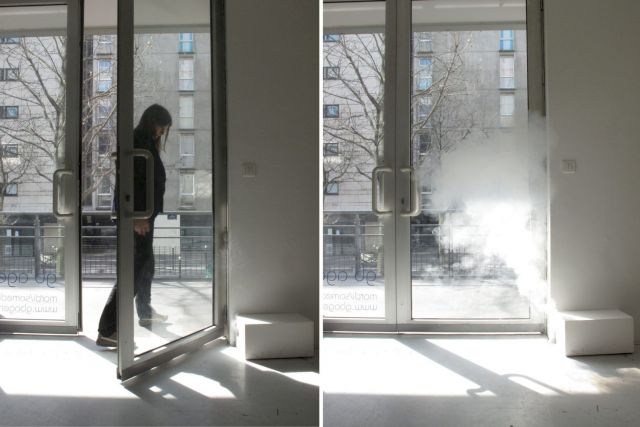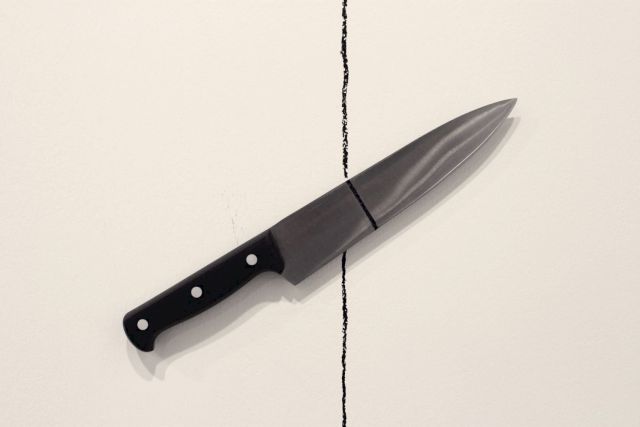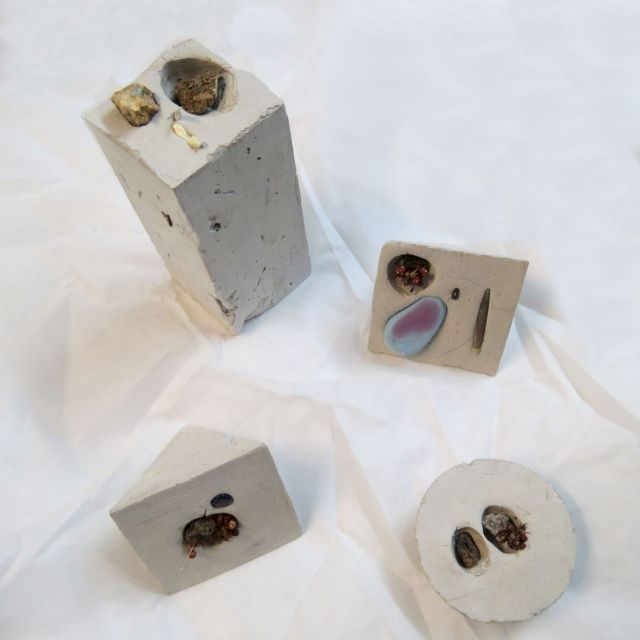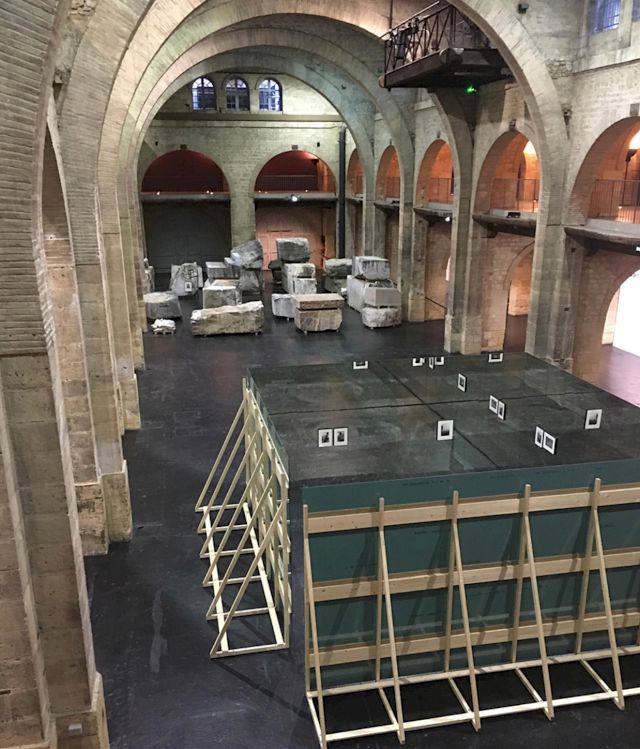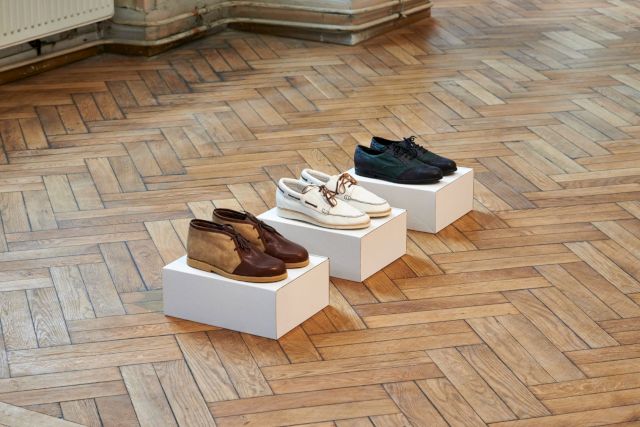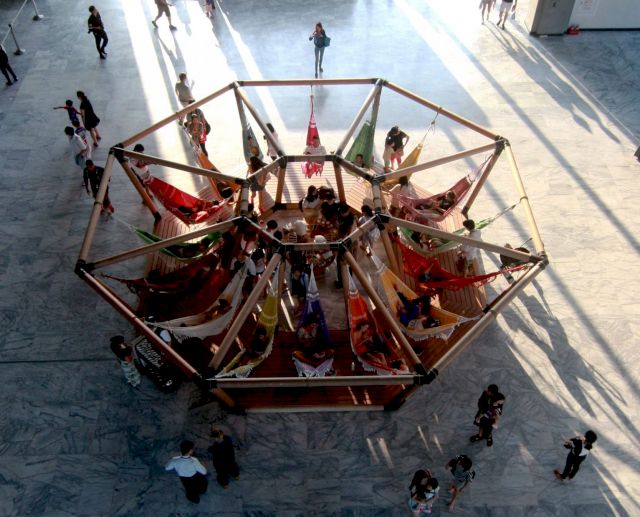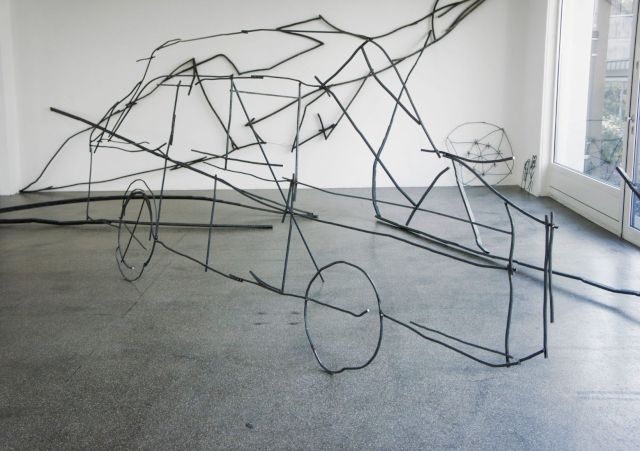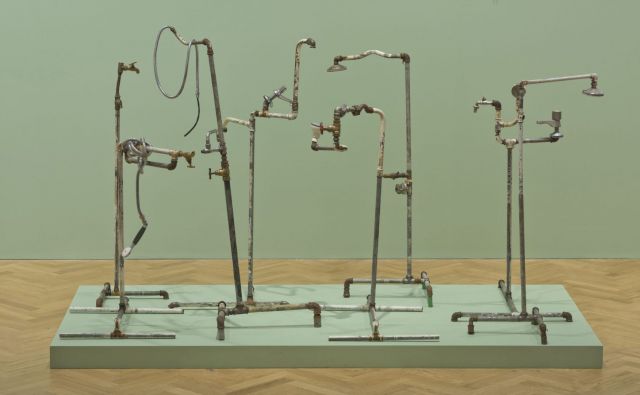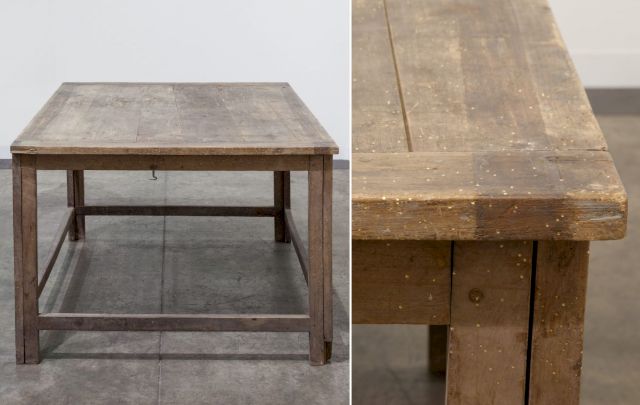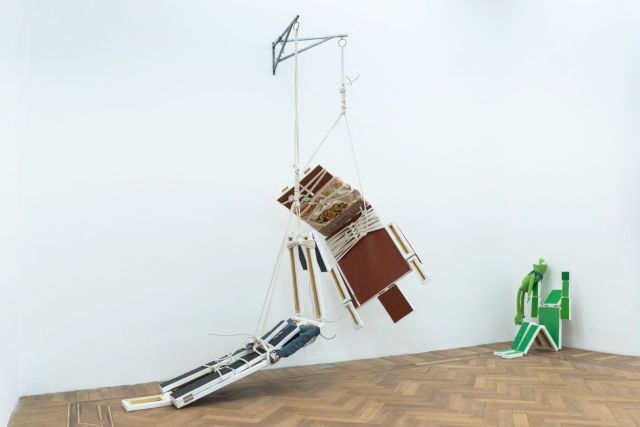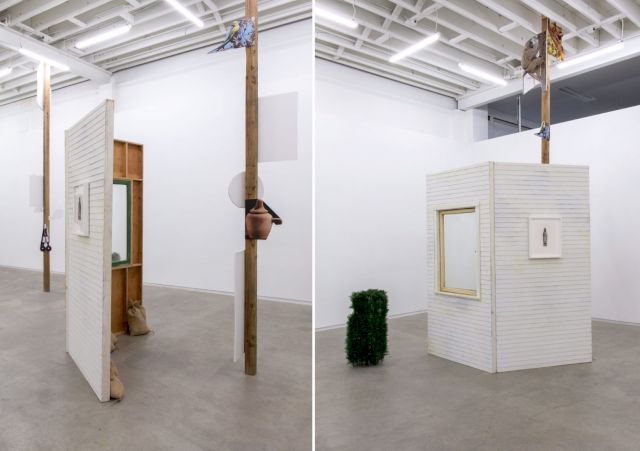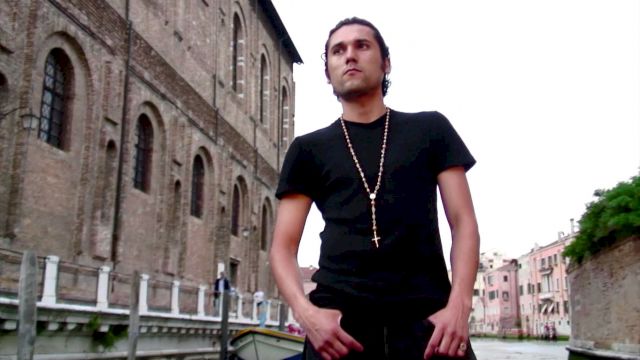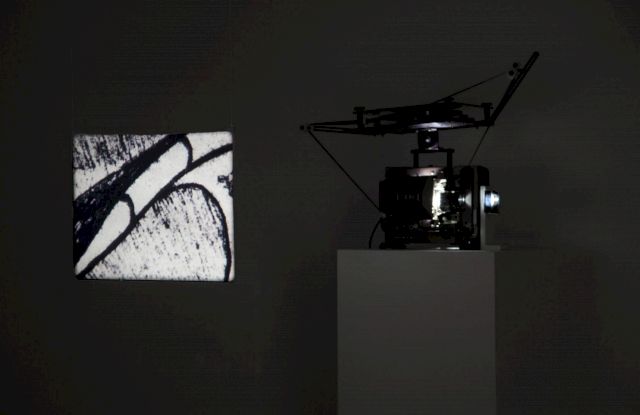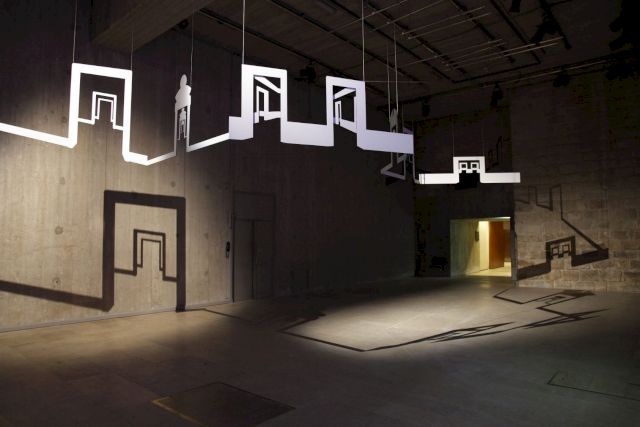Independent Collectors
The Timekeeper Of The Adrastus Collection
The Adrastus Collection in Spain is devoted upon being “a radical experimental collection focused on 21st century art”.
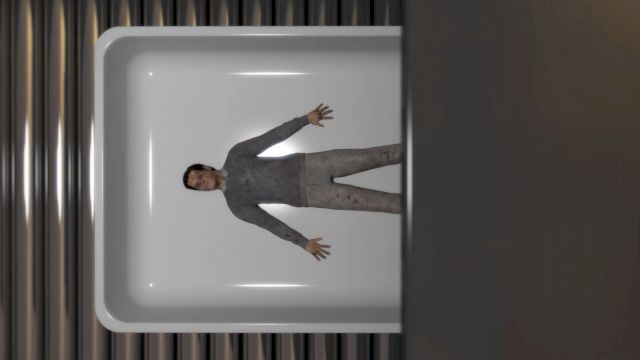
The Adrastus Collection, built since the 1990’s by Spanish investor Javier Lumbreras, became officially founded in 2000 together with his wife Lorena Pérez-Jácome. This was when a more precise, coherent and clear phase of redefinition began, where today it is devoted to being “a radical experimental collection focused on 21st century art”.
The Adrastus Collection’s genesis was conceived quite rationally – as a consequence of the pair’s deeply rooted general interest in art, whilst being detached to possession or self-affirmation. “We mainly decided to do so because we believe in the incalculable social and intellectual value derived of this activity. Collecting is not merely to accumulate products of a same class, but to complexly articulate these materials. Thus, to collect is to connect, to arrange. It is to structure a set of things in order to give them meaning and share the universal message along.”
The Adrastus Collection strives to center on the most representative expressions of the current century, that circulate in the peripheries of capitalism and of western hegemonies; resulting in the creation of a platform that gives visibility to those voices that can be far from the art market’s microphones. Dedicated to continuous search for expansion, the collection includes around 700 works by 150 artists from over 40 countries. Artists include the likes of Jonathas de Andrade, Pawel Althamer, the collective Allora-Calzadilla, Leonor Antunes, Nairy Baghramian, Yto Barrada, Carol Bove, Kevin Beasley, Tacita Dean, Ryan Gander, Pierre Huyghe, Iman Issa, Jim Lambie, Louise Lawler, Justin Lieberman, Steve McQueen, Wade Guyton, Roman Ondák, the collective Opavivará!, Pratchaya Phinthong, Wilfredo Prieto, Walid Raad, Pamela Rosenkranz, Anri Sala, Tino Sehgal, Kelley Walker, Christodoulos Panayiotou, Adrian Villar Rojas, Rirkrit Tiravanija, Dahn Vo, and Akram Zaatari. The cohesive thread lies in the capacity to dislocate economic, political and cultural structures through the introduction of complex artistic devices.
Lorena and Javier’s activities have to date culminated in initiating an art center in the Spanish town of Arévalo, Castilla y León, of which they have been occupied with since 2010. The development of this new project implies a series of personal commitments that the couple have assumed with enthusiasm and firmness. As a local of Arévalo, Javier’s claim “at some point, I have said that the best artwork from Adrastus Collection is Arévalo”, passionately sums up their sensitivity for connection and interaction to place.
Currently with the project, they are knee-deep in the ambitious production phase, building a support platform to materialise their vision. Collegium is to be the result, as a space for research, production and exhibitions, which seeks not only to change the economic and social dynamics of the region, but to transcend and blur horizons with each relational experience between object and subject. This is in pursuit “to forever transform the way we build museums to-date”. Their method is to restore and honour the architectural importance of the medieval archeological site and the 16th century buildings, and integrate their academic histories as centrepieces for a contemporary museum, archive, investigation, conservation and production center for art. This dual focus allows for the project to redirect the path of deterioration into something of growth and knowledge, nourished by the radical nature of contemporary art.
For the debut presentation of the Adrastus Collection on IC, following in this Collection Feature are artwork reproductions and collection pieces in situ at various art spaces.
